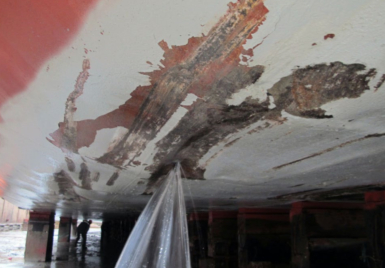
The MAIB investigates marine casualties involving UK vessels worldwide and vessels of any flag in UK territorial waters with the aim of preventing further avoidable accidents from recurring in the future. The UK MAIB has published amended guidance on marine incident reporting – what who and when an incident should be notified – with modifications made to MGN 564.
Who must report
The master/skipper, or senior surviving officer of a UK ship must notify the MAIB of any marine casualty or marine incident.
The master/skipper of any ship must notify the MAIB of any marine casualty or marine incident if:
– the ship is within UK waters and carrying passengers to / from the UK, or
Continue reading “MAIB issues guidance to MGN 564 on marine incident reporting”










